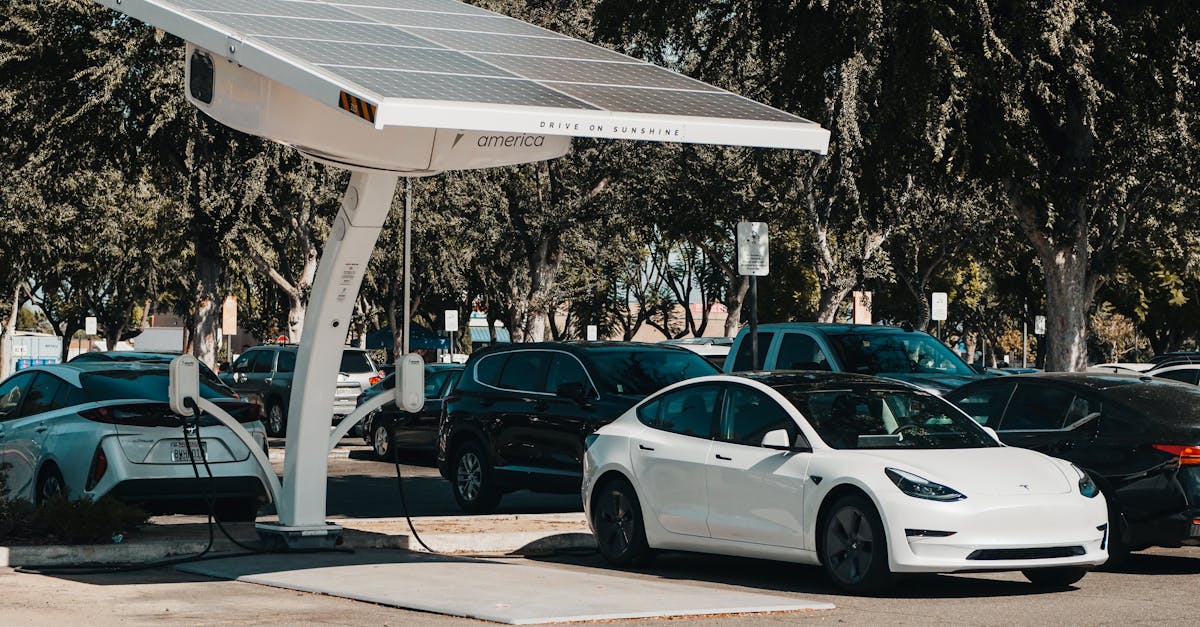Hawaii's commitment to electric vehicle (EV) adoption is once again in the spotlight, with a recent editorial in the Honolulu Star-Advertiser highlighting the need for state-level incentives. The editorial praised Hawaii's efforts in this arena but also underscored the importance of continued support, especially as federal programs evolve. One specific policy gaining traction is the implementation of a gasoline displacement incentive, which aims to encourage greater EV adoption by financially attracting consumers to switch from gasoline-powered vehicles.
This potential incentive comes at a crucial time as the state navigates the evolving landscape of clean energy. The Star-Advertiser article emphasized this need, highlighting the importance of state-level support in ensuring the momentum of EV adoption in Hawaii.
The business community could see a significant ripple effect from such an initiative. Increased EV adoption could lead to the growth of related businesses, including EV charging infrastructure providers and maintenance services. National Car Charging, for example, headquartered in Hawaii, is already deeply involved in the EV charging space, working with local organizations to simplify the transition for both drivers and station owners. Furthermore, entrepreneurs are recognizing the potential of the EV charging station business. Elink Power details numerous ways to profit within this growing market.
The adoption of EVs is a multi-faceted challenge that requires coordinated efforts from both public and private sectors. As Hawaiian Electric's decision to close its Shift and Save time-of-use rates program to new enrollments as of Feb. 1 proves, policy shifts and market dynamics also play a critical role in shaping the transition to a cleaner energy future. This demonstrates the need for proactive policies and innovative solutions, like the gasoline displacement incentive, to support the state's sustainability goals and ensure its continued leadership in the EV market.



